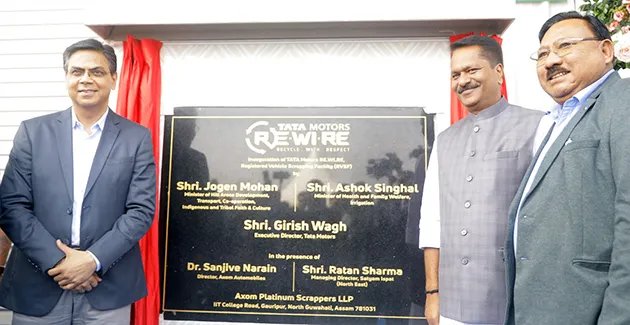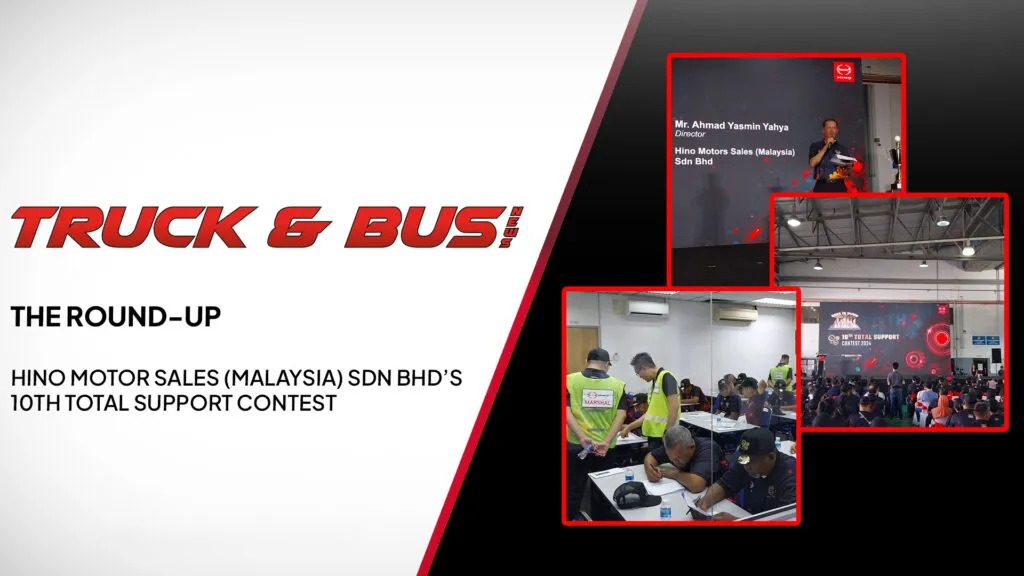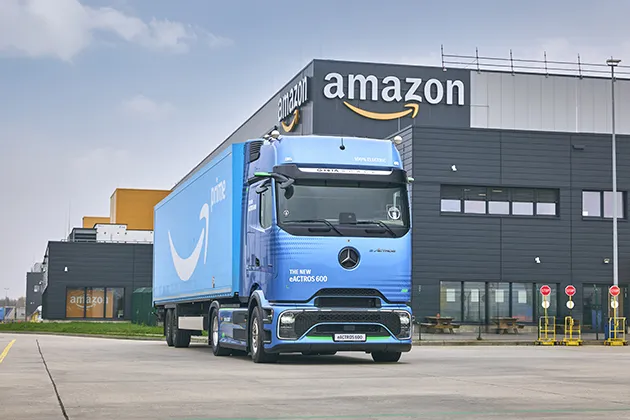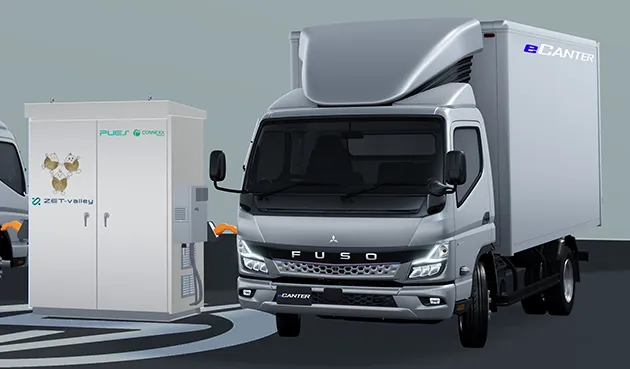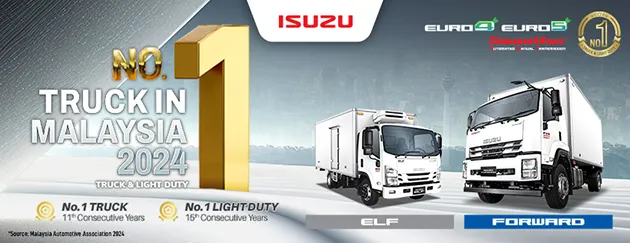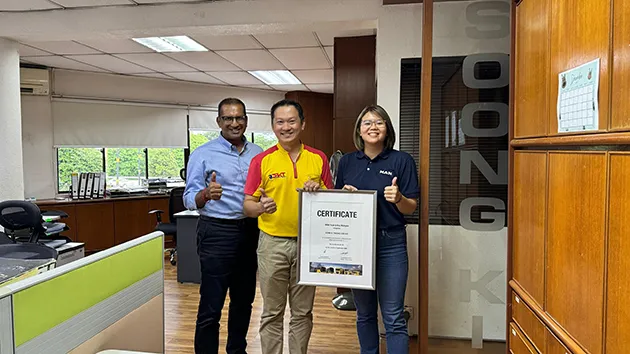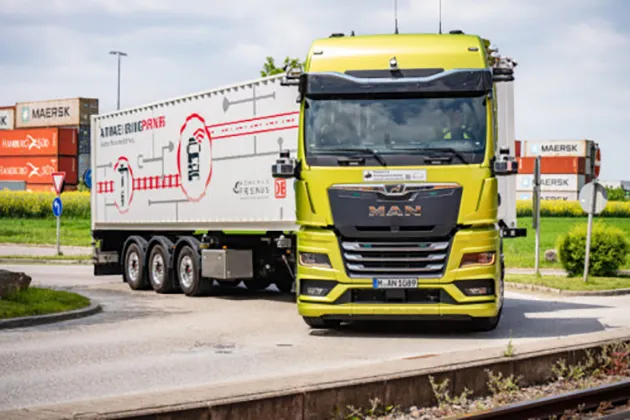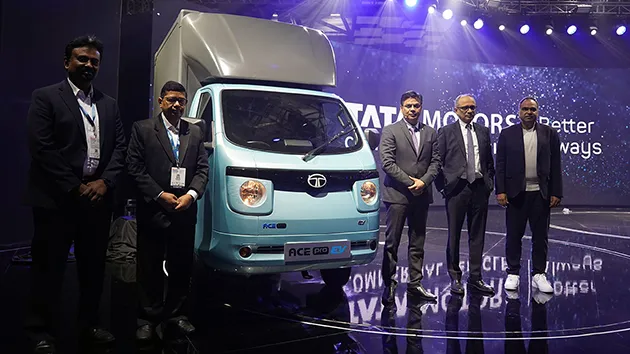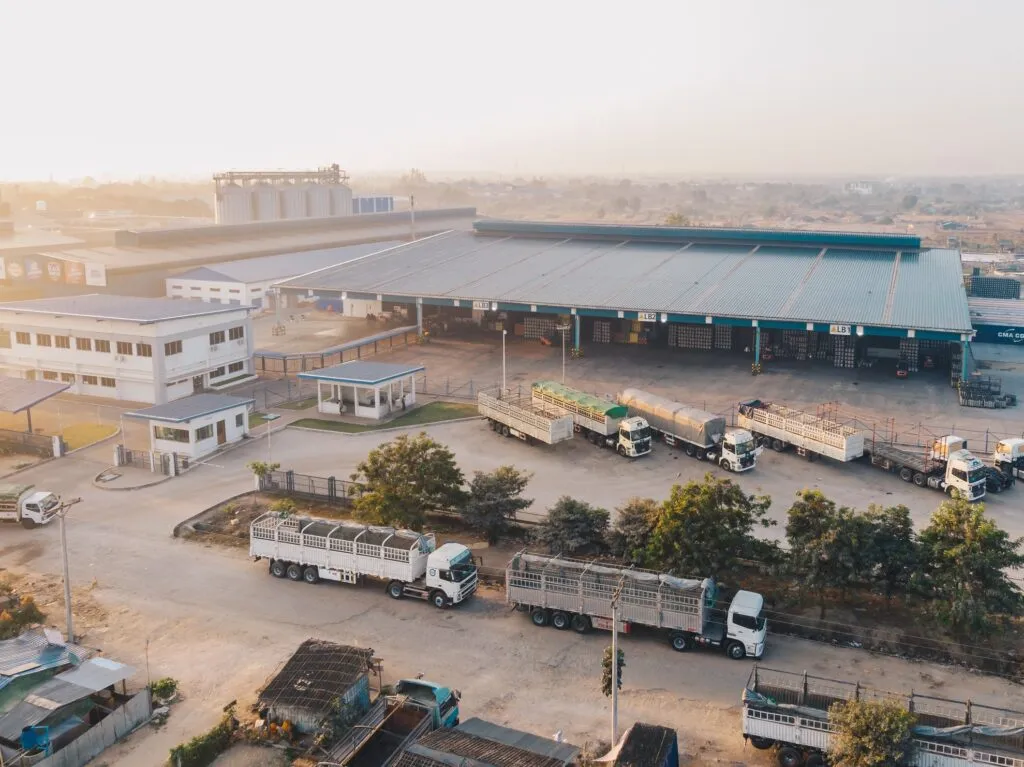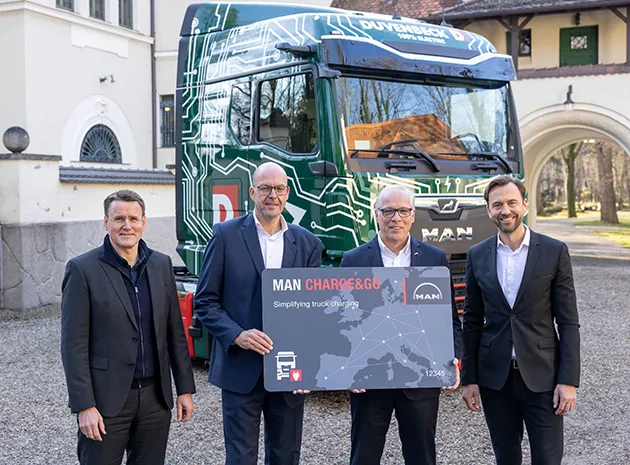Tata Motors launched its registered vehicle scrapping facility (RVSF) in Guwahati.
Tata Motors Invests in Vehicle Scrapping for Safe Disposal
Named ‘Re.Wi.Re – Recycle with Respect,’ this state-of-the-art facility has the capacity to safely dismantle up to 15,000 end-of-life vehicles annually using sustainable and environmentally conscious processes. This RVSF is operated by Tata Motors’ partner, Axom Platinum Scrappers, and is equipped to scrap both passenger and commercial vehicles of all brands. This marks the inauguration of the seventh such facility in the country with others being in Jaipur, Bhubaneswar, Surat, Chandigarh, the Delhi NCR region and Pune.
The facility was inaugurated in the presence of Jogen Mohan, Minister of Hill Areas Development, Transport, Co-operation, Indigenous and Tribal Faith & Culture, Ashok Singhal, Minister of Health, Family Welfare and Irrigation, Girish Wagh, Executive Director, Tata Motors and Sanjive Narain, Director, Axom Automobiles, along with other senior officials from the Government of Assam, Tata Motors and Axom Automobiles.
Speaking on the occasion, Girish Wagh said, “Today, with the launch of the Northeast’s first Re.Wi.Re facility in Guwahati, Tata Motors takes a significant step in advancing responsible vehicle scrapping in the region. Committed to the principles of a circular economy, we are driving practices that support sustainability. With our network of RVSFs across seven states, we can now dismantle over 100,000 end-of-life vehicles annually. We are proud to partner with Axom Platinum Scrappers for this facility and extend our thanks to the state government and local authorities for their unwavering support in making this initiative a reality.”
Each Re.Wi.Re facility is fully digitalised, with all its operations seamless and paperless. Equipped with cell-type and line-type dismantling for both commercial and passenger vehicles, there are dedicated stations for the safe dismantling of various components, including tyres, batteries, fuel, oils, liquids, and gases. Every vehicle undergoes a meticulous documentation and dismantling process designed specifically to meet the responsible scrapping requirements of passenger and commercial vehicles, guaranteeing safe disposal of all components as per the nation’s vehicle scrappage policy. The Re.Wi.Re. concept and facility embodies a ground-breaking leap towards fostering sustainable practices within the automotive industry.

